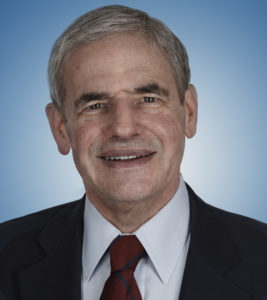Each week I collect the resources related to leadership I shared on social media the prior week, with the accompanying quotations.
……..
Kerry Roberts Gibson et al.:
“The Little Things That Make Employees Feel Appreciated”
(1-23-20).
One of the points:
“Simply taking a few minutes to tell your employee specifically what you value about their contributions can have a tremendous impact.”
Conclusion:
“[B]uilding a culture of appreciation comes down mostly to a lot of small commonsense practices: Not taking your people for granted. Remembering to say thank-you in a personal and sincere way. Making it clear that you’re interested in your employees’ growth and in them as individuals.”
……..
Harry L. Davis, Roger L. and Rachel M. Goetz Distinguished Service Professor Emeritus of Creative Management at Chicago Booth —
“You Are a Work in Progress:
Four habits that help people learn from their experiences” (8-8-23).
“Too often, we allow the original script to guide us, and do simply what it has deemed we should or should not do. But you might want to make some edits—either on your own or with a collaborator such as a trusted friend, mentor, or coach—and utilize more of your unique talents.”
……..
David Burkus:
“How to Make Employees Feel Respected” (8-14-23).
“By regularly checking in with team members, involving them in decision-making processes, demonstrating trust, refereeing conflicts, and giving fair feedback, you can make employees feel respected and valued.”
……..
Marcel Schwantes:
“5 Signs That Will Confirm You Were Meant to Lead People”
(7-25-23).
“Companies should always hire or promote into leadership roles those who play to the strengths, gifts, and talents of employees. You’ll find that they are the ones crafting and assigning work that is meaningful and has purpose (beyond a static job description) and bringing out employees’ passion and creativity.”
……..
International Institute for Management Development (IMD):
“The 8 key leadership skills you need to know in 2023”
(Last update Jan. 2023).
From #8, “Critical Thinking”
“Typically, critical thinkers will rigorously question ideas and assumptions, they will always seek to determine whether the ideas, arguments and findings represent the true picture and are commonly able to recognize inconsistencies and errors in reasoning to achieve the desired outcome.”




